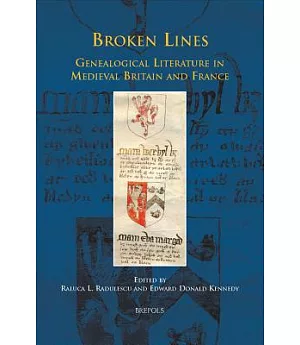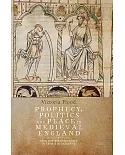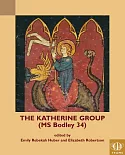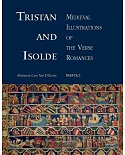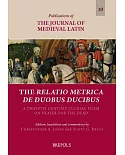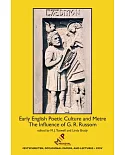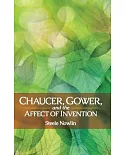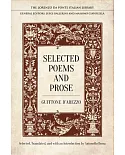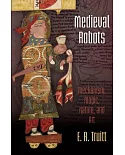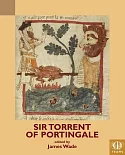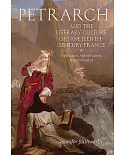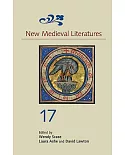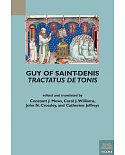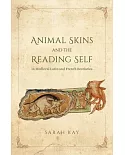As Radulescu (medieval literature, Bangor U., UK) and Kennedy (English and comparative literature, U. of North Carolina at Chapel Hill, US) observe in their introduction, genealogy was a
central organizing factor in medieval European society, being an essential principle in establishing nobility and upper class privileges and in constructing religious legitimacy. They present
12 papers exploring the influence of genealogy on the structure of a variety of medieval narratives, including the popular secular genres of romance, prophecy, and historical writing. Papers
discuss English romances involving legendary historical figures such as King Arthur and Joseph of Arimathea, Anglo-Norman genealogical rolls of the kings of England as a form of royal
propaganda, genealogical chronicles of Anglo-Norman noble families as a means of gathering prestige and making claims to inherited property, diagrammatic genealogical chronicles of the kings of
France, the use of genealogical information by English monks, false genealogies and the disputes over Edward I's claims to hegemony over Scotland, English provincial gentry attempts to preserve
social status through genealogies, the influence of genealogies on the structure of the societies of Scotland and Wales, and the influence of genealogies on the individual chronicles of Brut
and John Hardying's Chronicle. Distributed in North America by The David Brown Book Co. Annotation 穢2009 Book News, Inc., Portland, OR (booknews.com)

